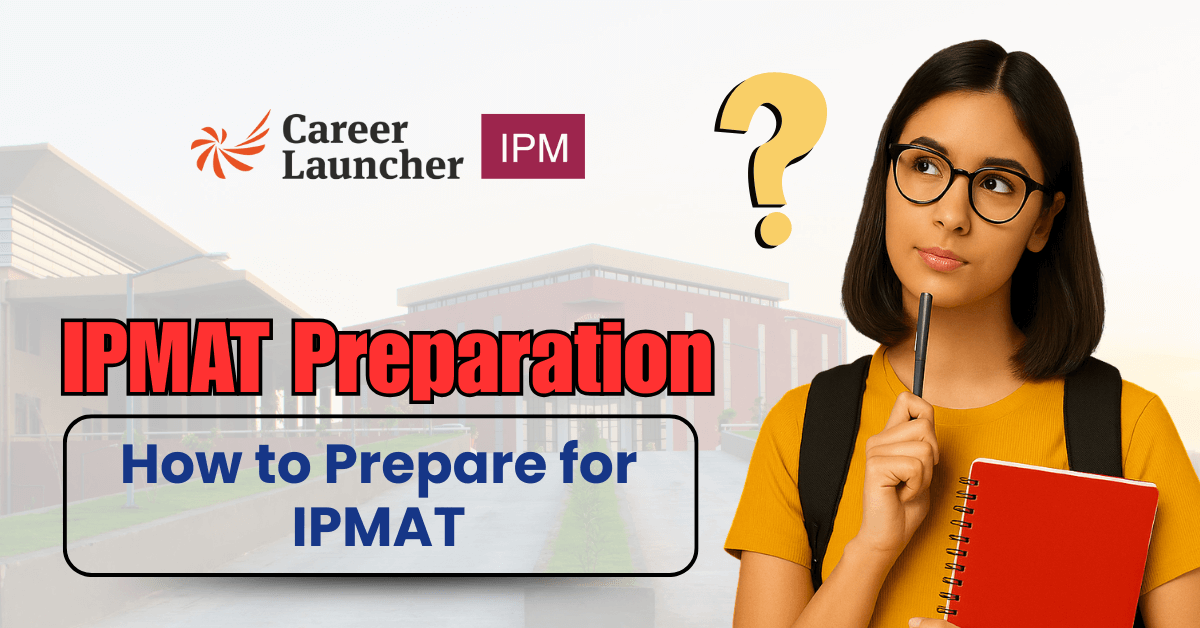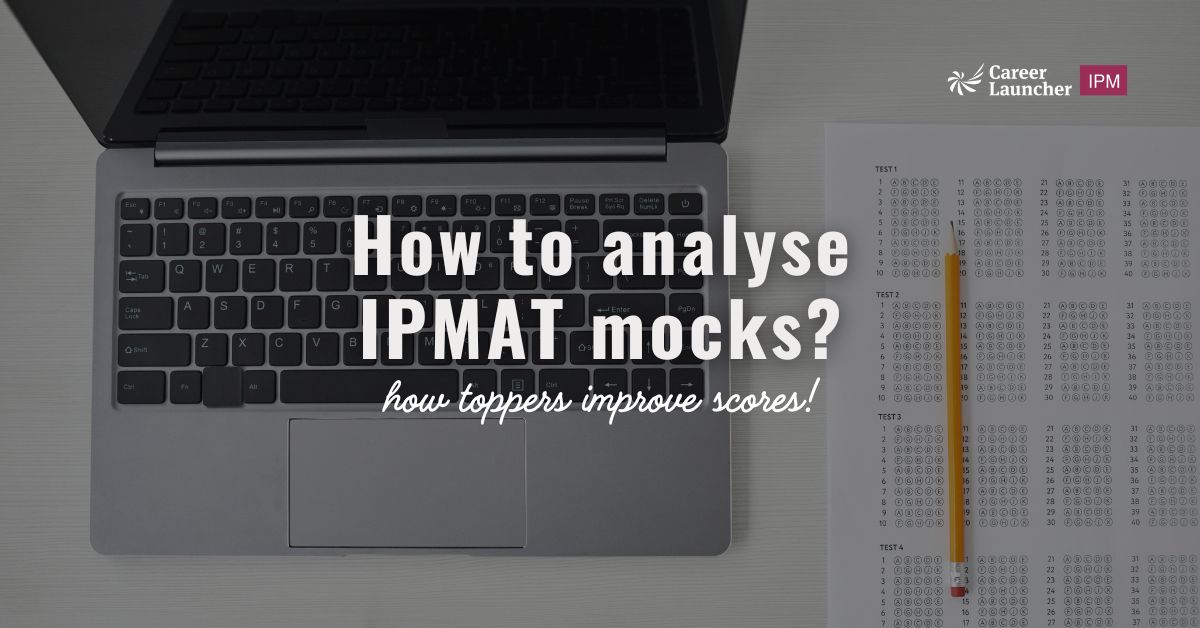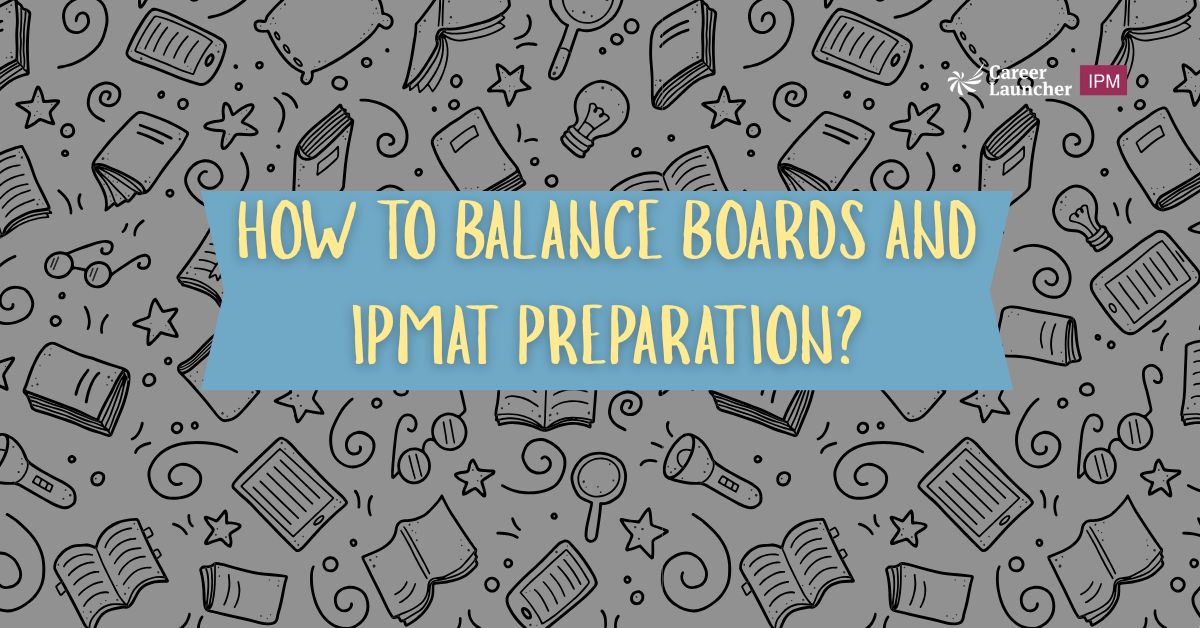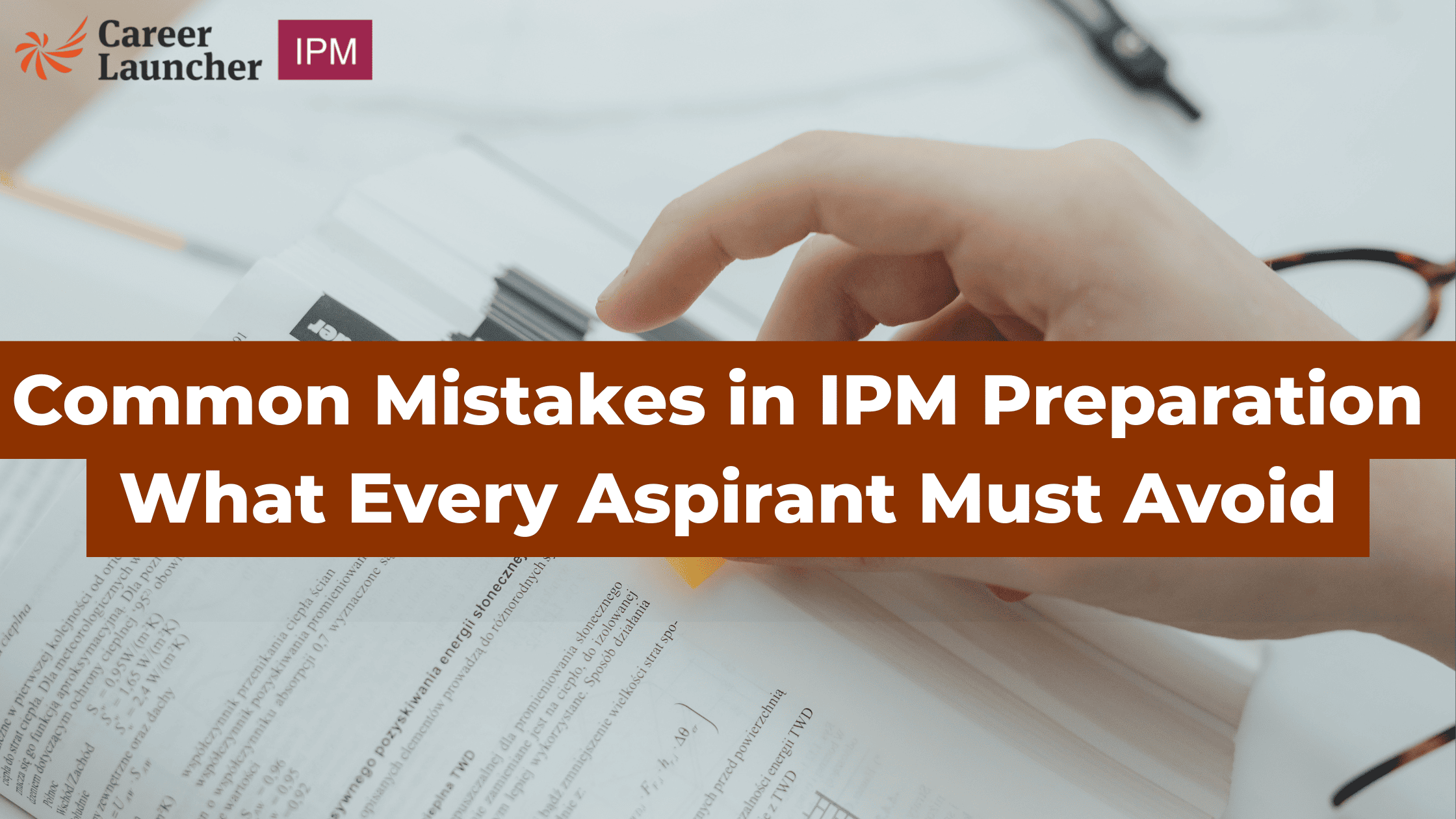The IPMAT (Integrated Program in Management Aptitude) is an important examination for candidates who are targeting to be a part of the five-year integrated program in management (IPM) provided by renowned Indian Institutes of Management (IIMs) which include IIM Rohtak, IIM Indore, and IIM Ranchi. The IPMAT is a highly competitive national-level entrance test that assesses students’ abilities on quantitative, logical reasoning, and verbal abilities. However, to crack this test is not an easy feat. Students must be dedicated enough and also come up with a strategic approach to figuring out important topics for IPMAT preparation to have a flawless journey plan to crack the test.
Table of Contents
IPMAT Indore Exam Format
- The IPMAT exam is split into three sections which are Quantitative Ability (SA Questions), Quantitative Ability (MCQs), and Verbal Ability.
- The QA section carries a total of 45 questions out of which 30 are multiple choice questions and 15 are short answer type questions.
- The VA section consists of a total of 45 multiple-choice questions.
- The duration of time given to finish the test is 2 hours (120 minutes). From this 2 hours, the time is split into 3 portions of 40 minutes for each section.
- Each correct response is given +4 marks and for each incorrect response, -1 mark is given.
|
Section |
Question Type |
Amount of Questions |
Total Marks |
Time Allotted |
|
Quantitative Ability (MCQ) |
MCQ (Multiple Choice Questions) |
30 |
120 |
40 minutes |
|
Quantitative Ability (SA-type) |
SA-type (Short Answer Type Questions) |
15 |
60 |
40 minutes |
|
Verbal Ability |
MCQ (Multiple Choice Questions) |
45 |
180 |
40 minutes |
IPMAT Rohtak Exam Format
- The IPMAT Rohtak exam is split into three sections which consist of Quantitative Ability, Logical Reasoning, and Verbal Ability.
- The QA sections include a total of 40 multiple-choice questions.
- The VA section includes a total of 40 multiple-choice questions.
- The LR section includes a total of 40 multiple-choice questions.
- The time limit given to wrap the test is 2 hours (120 minutes). The 2 hours are then split into 3 portions of 40 minutes each.
- Each correct attempt is awarded 4 marks and a -1 mark for a wrong attempt.
|
Section |
Amount of Questions |
Time Allotted |
|
Quantitative Ability (MCQ) |
40 |
40 minutes |
|
Quantitative Ability (SA-type) |
40 |
40 minutes |
|
Verbal Ability |
40 |
40 minutes |
Important Topics for IPMAT Preparation
Below are the section-wise important topics of IPMAT allowing you to prepare and plan accordingly.
I) Quantitative Ability: The QA section is split into two portions: MCQs and SA-type questions. You can refer to the important topics mentioned below:
- Number Systems: Binomial theorem, time distance and work, profit & loss, and trigonometry, etc.
- Common graphs & charts: Mensuration, averages, set theory, and simple equations, etc.
- Data interpretation: Problems with ages, percentages, quantitative reasoning, and permutation & combination, etc.
- Mixtures & Allegations: Ration & proportion, geometry, logarithms, quadratic equation,s, etc.
II) Verbal Ability: The VA section, it assesses your comprehension and language abilities. The important topics are:
- Vocabulary: Spelling mistakes, synonyms, antonyms, sentence correction, conjunctions, idioms & phrases, odd one out, and logical consistency, etc.
- Reading comprehension: Tenses, synonyms and antonyms, sentence completion, inference type questions, assumption type questions, and deductive reasoning etc.
- Grammar: Proper usage of words & phrases, inference type passages, modifiers & parallelism, etc.
- Sentence rearrangement: Noun and pronoun errors, prepositions, verbal analogies, etc.
III) Logical Reasoning: The LR section assesses the student’s logical thinking skills. Key topics are given below:
- Fundamentals of logical reasoning: Arrangements, blood relations, binary logic, series coding, logical sequence, and input & output.
- Standard logical reasoning sets Linear and circular seating arrangements, games & tournaments, grid puzzles, cubes & visual puzzles, sequencing, and word puzzles, etc.
- Sentence Correction: Statements, syllogisms, true or false, conclusions, and critical reasoning, etc.
- Visual Puzzles: Venn diagrams, cubes & dice etc.
Takeaway
Remember that preparing for an important exam like the IPMAT requires a calculated approach to understanding the important topics mentioned above. Once you have managed to grasp the key topics and focus on them, it will enormously strengthen your likelihood of success. However, one must adhere to the plans and practice on a daily basis, solving IPMAT mock tests; and honing your techniques as one advances.








![IIM Ranchi IPM Cutoff 2025: IPM Ranchi Shortlists [OUT]](https://www.careerlauncher.com/blogs/wp-content/uploads/2025/06/IIM-Ranchi-IPM-Cutoff.jpg)
![JIPMAT 2025 Final Selections Declared! [IIM Bodh Gaya and IIM Jammu IPM]](https://www.careerlauncher.com/blogs/wp-content/uploads/2025/07/IPM-Blogs-16.jpg)






